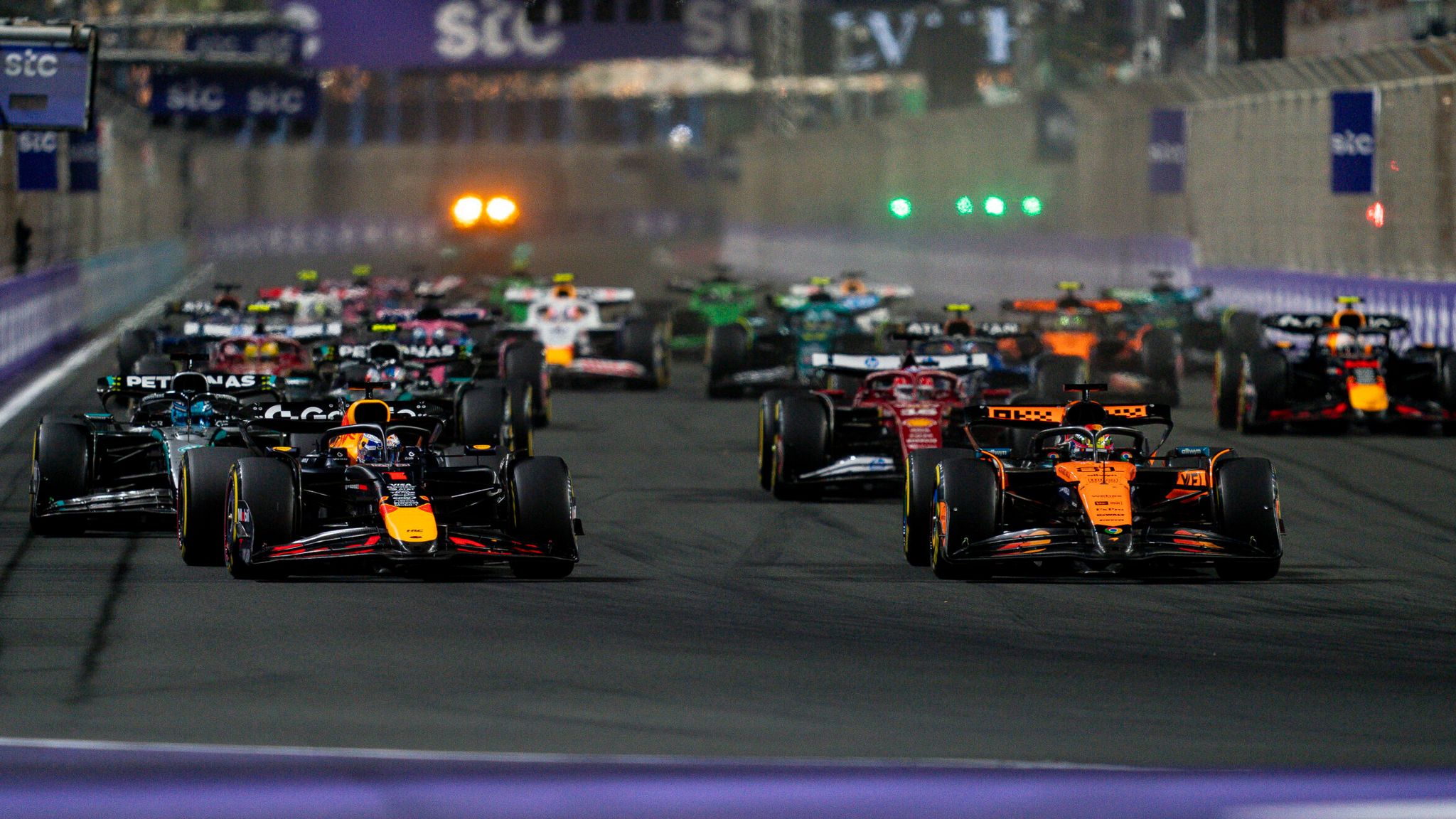
A late proposal to alter the highly anticipated 2026 Formula 1 power unit regulations has ignited a fiery debate within the sport, culminating in the suggestion being put on hold after strong criticism from a leading team principal. The contentious proposal, which aimed to reduce the electrical energy output of the hybrid power units, was branded “a joke” by Mercedes boss Toto Wolff, highlighting a potential rift between teams as the new era of F1 approaches.
The core of the disagreement lies in a suggestion to decrease the power contribution from the electrical motor during races from the originally planned 350kW to 200kW. This shift would result in a 60-40 split between internal combustion and electric power, a notable change from the current 2025 regulations where electrical power accounts for approximately 20%. While the 2026 rules already represented a significant increase in hybrid power, the late proposal has raised concerns, particularly amongst teams believed to be further ahead in their power unit development.
Mercedes’ Toto Wolff did not mince his words when addressing the proposal. Sources indicate he stated that the matter had already been discussed in a previous meeting where no such changes were agreed upon. This strong opposition suggests a belief that any alteration at this stage could disadvantage teams who have based their development on the initially agreed-upon framework. It is widely speculated that Mercedes holds a competitive edge in the development of the 2026 power unit technology, further fueling Wolff’s vehement reaction.
The proposed change stems from concerns that the original 50/50 power split for 2026 could lead to undesirable racing scenarios, particularly at power-sensitive circuits. There are fears that cars might deplete their battery power on long straights, leading to significant power reduction or “derating,” potentially hindering overtaking and the overall racing spectacle. The reduction in electrical power is seen by some as a potential solution to mitigate these issues.
Despite Wolff’s strong stance, reports suggest that other team principals are more “open” to discussing the proposed changes further, indicating a division within the F1 paddock. A vote on the matter was expected at the F1 Commission meeting held on Thursday, April 24th, but ultimately did not take place. Instead, further deliberations will be held to explore the potential implications and reach a consensus.
The 2026 Formula 1 regulations represent a comprehensive overhaul of the sport, encompassing not only the power units but also the chassis and aerodynamics. Key changes include the removal of the MGU-H, a significant increase in the MGU-K output, the introduction of 100% sustainable fuels, smaller and lighter cars with reduced downforce and drag, and active aerodynamics. These changes are aimed at improving efficiency, agility, and promoting closer racing.
The late emergence of this contentious power unit proposal underscores the complexities involved in formulating regulations for such a technologically advanced and competitive sport. As teams continue their preparations for the 2026 season, the outcome of these further discussions will be crucial in shaping the competitive landscape of Formula 1’s new era. The sport now watches with anticipation to see if a compromise can be reached or if the “joke” proposal will ultimately be discarded.
